‘Oppenheimer’: Heroizing the ‘father of atomic bomb’ unfair, unjustifiable
By Ali Irani
At a time when the threat of nuclear war looms large, endangering humanity, and nuclear policies and actions of nuclear-armed countries continue to bring the world closer to disaster, the film Oppenheimer, which has been breaking box-office records in recent weeks, has grabbed everyone’s attention.
A biographical thriller by Christopher Nolan, the film has greatly influenced public opinion worldwide, affecting even those involved in political and diplomatic affairs, leaving them somewhat overwhelmed.
Apart from being a well-crafted film with a renowned cast and competent direction, the timing of its release and use of marketing tactics to attract a larger audience has contributed to its popularity.
It has even led some passionate cinema practitioners in Iran to travel abroad to see the film, as well as its spontaneous dubbing into Farsi and distribution on domestic websites.
Another significant factor behind its dizzying success is the admiration, empathy, and support for the main protagonist of the film – J. Robert Oppenheimer – to whom most viewers are drawn in the end.
However, does the film depict the whole reality? Was Oppenheimer's role positive or negative? Is he the villain or the victim? Should we focus on his role and justification in the production of the atomic bomb and or his opposition to the development of a more powerful hydrogen bomb?
Can the use of this bomb, resulting in the deaths of twenty to thirty thousand people, justify the production and use of nuclear weapons? Can the fact that the bomb caused more casualties than Oppenheimer had expected to portray him as innocent?
Do the means justify the end? After all, wasn't it Oppenheimer who first created a powerful bomb that not only became a deterrent to its possessors but also provided the potential for misuse for political and military purposes for decades to come?
How many events in the film have been overlooked? How much does this film align with the policies of the US government and the US military-industrial complex?
Of course, it is not expected for a film to fully portray history and all realities, as the director naturally thinks about dramatizing the film. However, it is not fair to represent one of the instigators and architects of the crimes against humanity through nuclear warfare in an irredeemable light.
Historical records show that Oppenheimer, ‘the father of the atomic bomb’, later regretted the production of the bomb and even opposed his government policy to develop more powerful bombs.
As depicted in the film, Oppenheimer believed that building atomic bombs was necessary to end World War II, but the prospect of atomic annihilation distressed him.
However, the bitter truth remains that he was among the first to consider such options even before the birth of the ‘Little Boy’ and ‘Fat Man’ - code names for the bombs used in Nagasaki and Hiroshima.
Only subsequent developments and internal struggles and his political misfortune during the rise of McCarthyism in America, ultimately leading to the revocation of his security clearances and his position as an advisor to the US government, prevented his potential role in furthering nuclear bomb projects.
If we look at it fairly, then US President Harry Truman's effort to claim responsibility for the use of the bomb instead of Oppenheimer does not diminish the moral responsibility of a scientist in producing such inhumane and devastating weapons.
In practice, what we witnessed was that subsequent US governments frighteningly expanded their nuclear arsenal and reduced the threshold for resorting to nuclear weapons, and all US statesmen, including Oppenheimer himself, have expressed apparent concern for the loss of human lives, but none of them have apologized to the tens of thousands of Japanese victims of nuclear explosions.
However, while the film can serve as a wake-up call to remind us of the depth of the nuclear threat in the hands of a few countries, heroizing Oppenheimer at an individual level is not fair. Especially if we consider the realities that viewers should become familiar with to understand the whole truth.
For instance, the victims of America's nuclear crimes were not only the Japanese, as environmental studies show, even residents near nuclear testing sites, including the Manhattan Project, were among the victims of America's nuclear policy.
Despite being entitled to financial compensation under the country's laws, they have always been ignored by successive US governments.
In addition to the above, the timing of the film's production along with a silent action by the US government raises a question.
In 2022, the US Department of Energy restored Oppenheimer's security clearance, reversing the 1954 decision, claiming that "over time, more evidence has revealed bias and injustice against Dr. Oppenheimer, and at the same time, his loyalty and patriotism have been more evident than ever."
Such a claim, especially in consideration of other realities, will undoubtedly be intriguing, knowing that in 2014, a 14-episode series delved into the Manhattan Project. Despite some differing narratives from the recent film, that series did not receive the attention it deserved.
The significance of reinstating Oppenheimer's clearance lies in the US government's policy and firm endeavor to rely on nuclear weapons more than ever, but the simultaneous production of this film and the mutual relationship between art and politics can also be indicative of part of the truth.
Certainly, the film will leave viewers of all generations with much to think about when leaving the cinema halls, and perhaps it will spark new perspectives and curiosity about the bombings of Hiroshima and Nagasaki, the current nuclear threat, and what actions they can take.
However, an unforgivable sin would be to consider the eager mastermind of the first nuclear bomb as innocent, whose creation assured the world's and humanity's guaranteed destruction, and perhaps, if not for the aforementioned misdeeds, others in this category would also bear his name.
Ali Irani is a Tehran-based writer and researcher.
(The views expressed in this article do not necessarily reflect those of Press TV.)
FM Araqchi: Third round of Iran-US talks 'one of the best to date'
Israeli army chief privately warns of cost of new war with Iran: Report
IRGC official: US buildup, psychological tactics aim to 'swallow Iran again'
Iran’s three-man team captures triple gold at UWW ranking series in Tirana
Iranian academic sentenced to 4 years in prison in France for supporting Palestine
VIDEO | Press TV's news headlines
Russia: West seeks to repeat past ‘plunder’ of Iran’s oil
Herzog visits Ethiopia to expand Israeli footprint in Africa


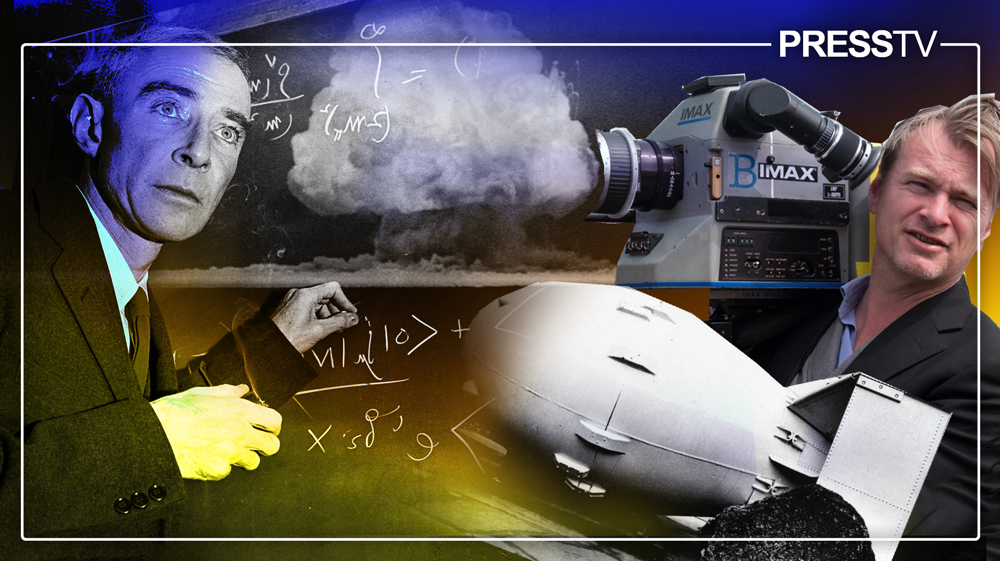
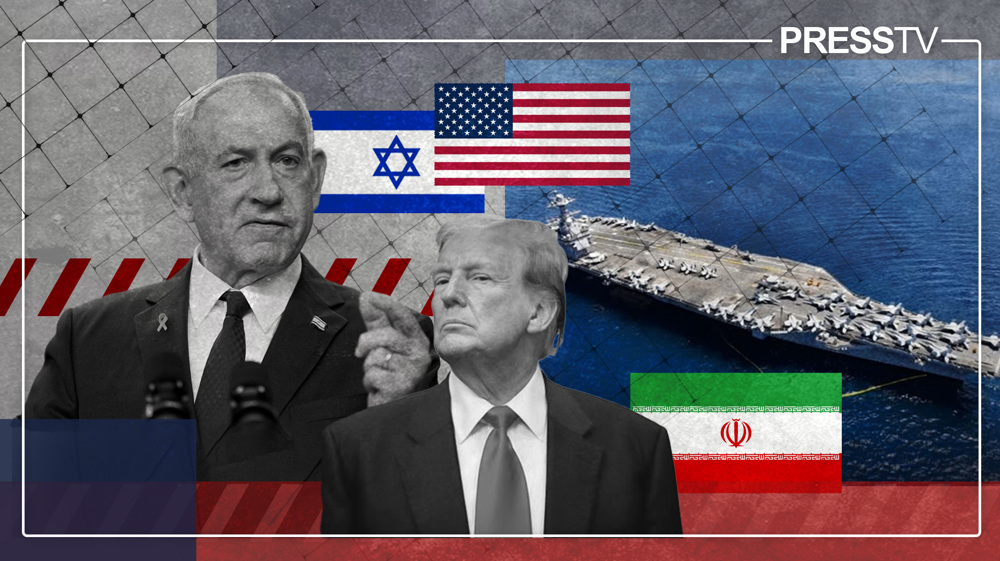

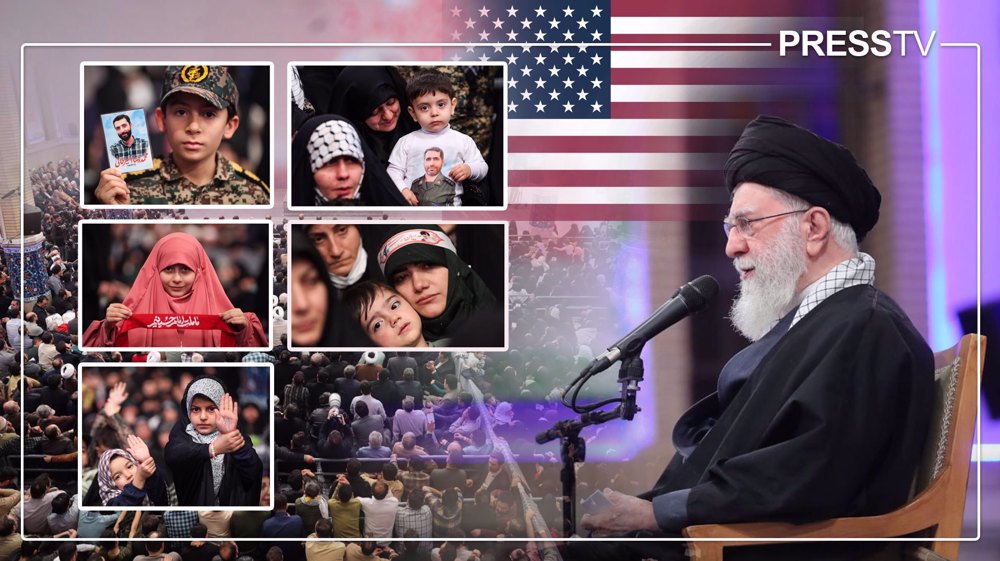




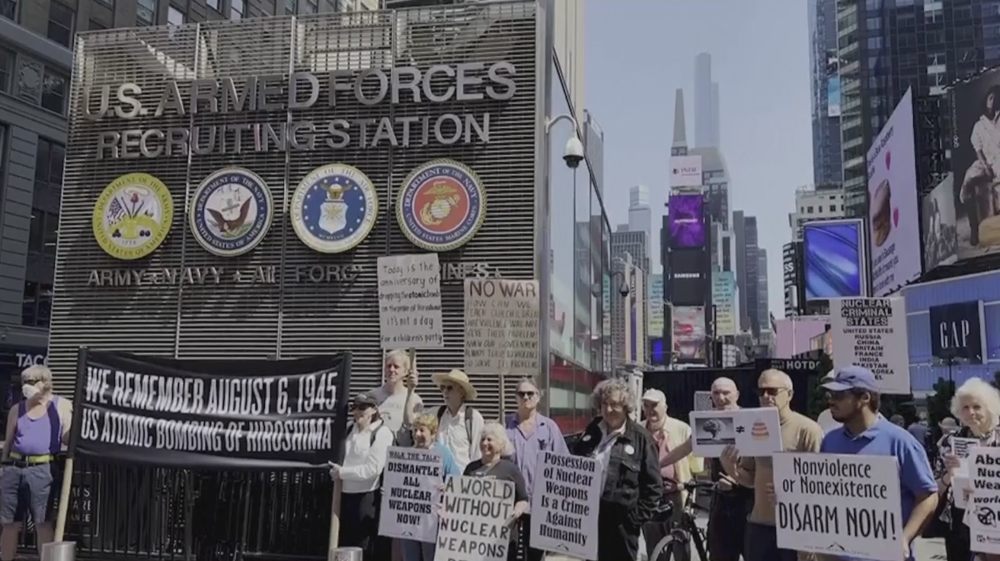
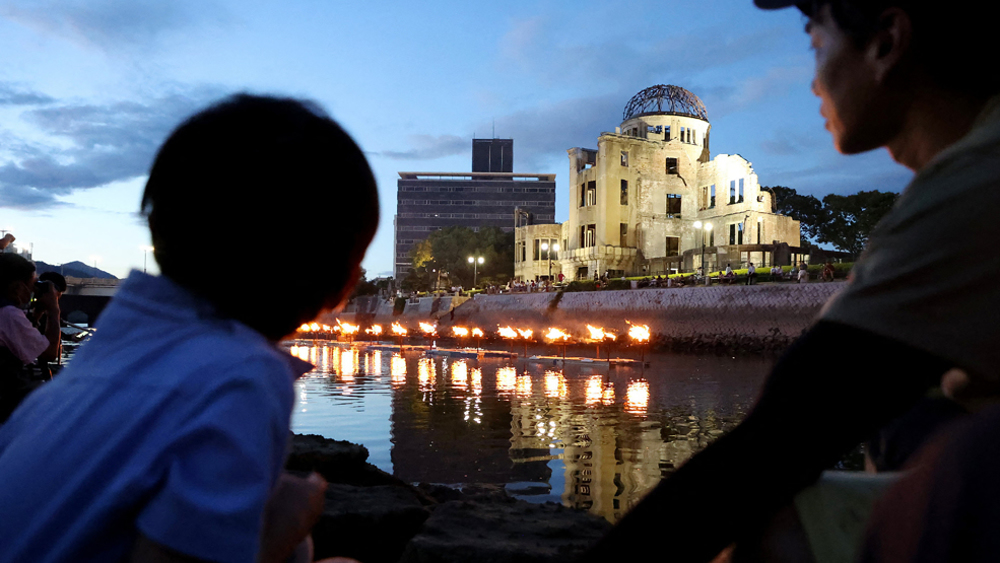
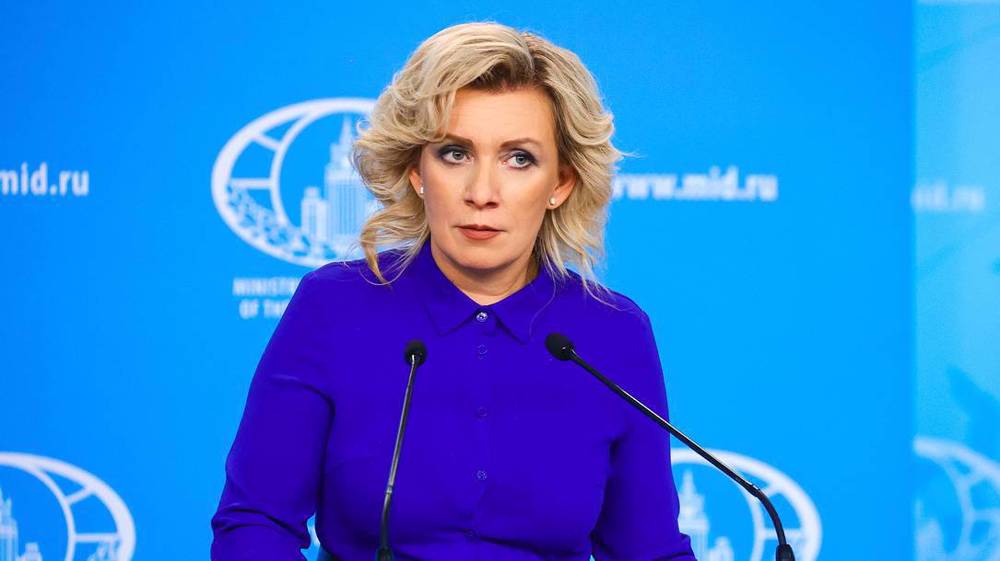
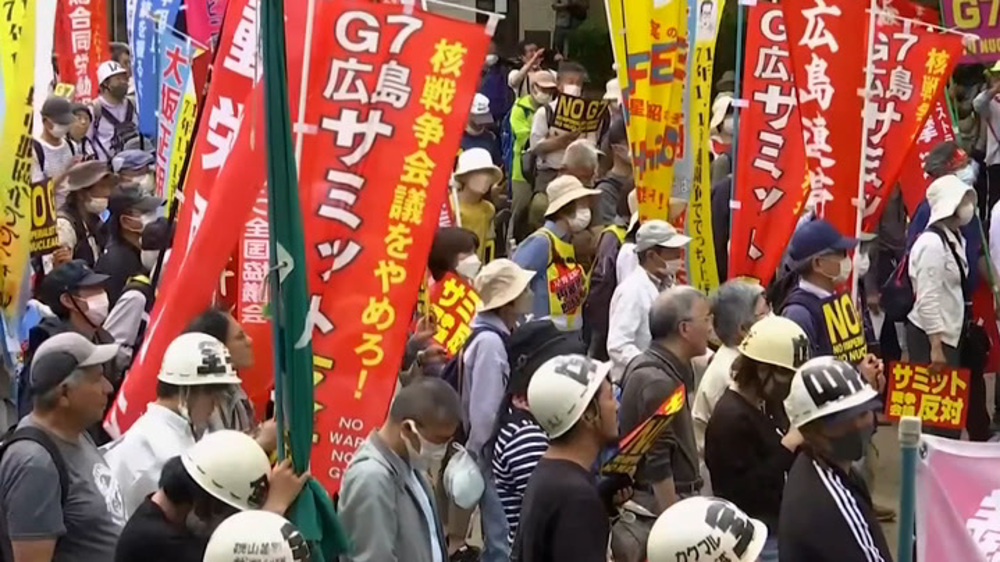

 This makes it easy to access the Press TV website
This makes it easy to access the Press TV website